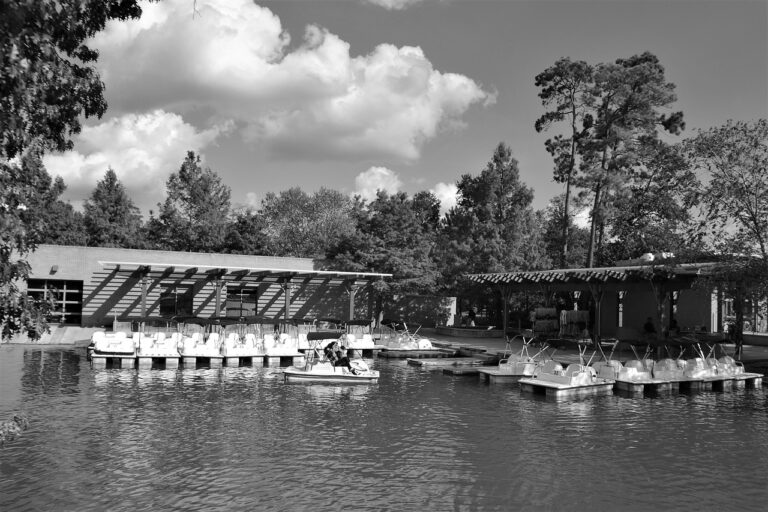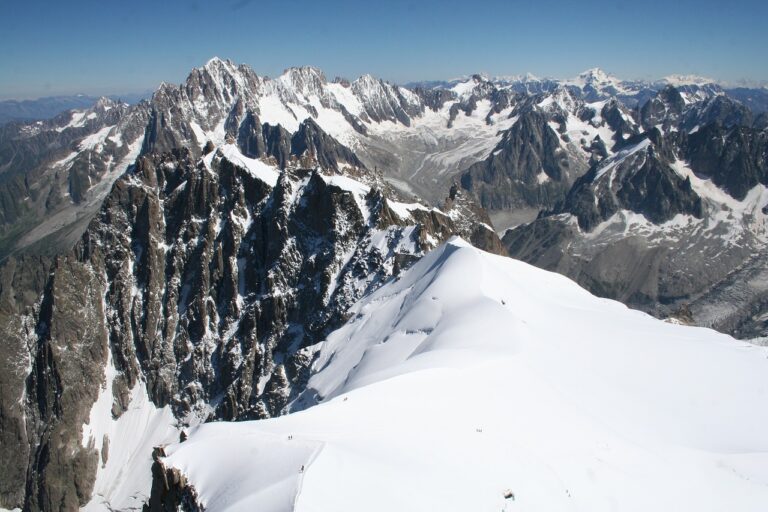Pathological Implications of Oil Spills in Arctic Waters: Goldenexch99, Cricbet99 club.com, King567 login
goldenexch99, cricbet99 club.com, king567 login: Oil spills in Arctic waters can have devastating effects on the environment, wildlife, and communities that rely on the pristine ecosystem for survival. The cold, remote environment of the Arctic makes cleaning up oil spills particularly challenging, leading to long-lasting and far-reaching consequences. In this article, we will explore the pathological implications of oil spills in Arctic waters and the impact they have on the delicate ecosystem.
The Impact of Oil Spills on Arctic Wildlife
Oil spills in Arctic waters pose a significant threat to the diverse wildlife that call this region home. The toxic chemicals in oil can have devastating effects on marine mammals, birds, and fish, leading to health issues, reproductive problems, and even death. Additionally, the oil can contaminate the food chain, putting entire ecosystems at risk.
The Role of Pathogens in Oil Spill Cleanup
Pathogens are microscopic organisms that have the potential to cause disease in humans and wildlife. During oil spill cleanup efforts, workers may come into contact with contaminated water, soil, and wildlife, increasing their risk of exposure to harmful pathogens. This can lead to a range of health issues, from skin infections to respiratory problems.
The Spread of Disease in Arctic Communities
Oil spills can also have indirect effects on Arctic communities, as they rely on the land and water for food, water, and cultural activities. The spread of disease through contaminated food and water sources can have serious consequences for these communities, leading to outbreaks of illness and long-term health issues.
The Long-Term Consequences of Oil Spills
One of the most concerning aspects of oil spills in Arctic waters is the long-term consequences that can persist for years, even decades, after the initial spill. The oil may sink to the ocean floor, where it can continue to release toxic chemicals into the water and sediment, affecting marine life and ecosystems for generations to come.
FAQs
Q: What steps can be taken to prevent oil spills in Arctic waters?
A: Preventative measures, such as stricter regulations on oil drilling and transportation in the Arctic, as well as improved response and cleanup capabilities, can help prevent future oil spills in this fragile ecosystem.
Q: How can individuals help mitigate the effects of oil spills in Arctic waters?
A: Individuals can support organizations working to protect the Arctic environment, reduce their own carbon footprint to lessen the demand for oil, and educate others about the importance of preserving this unique ecosystem.
Q: What can be done to support communities affected by oil spills in the Arctic?
A: Efforts to support affected communities can include providing resources for monitoring and cleanup efforts, offering medical assistance to those impacted by oil spill exposure, and advocating for stricter regulations on oil drilling in the Arctic.







